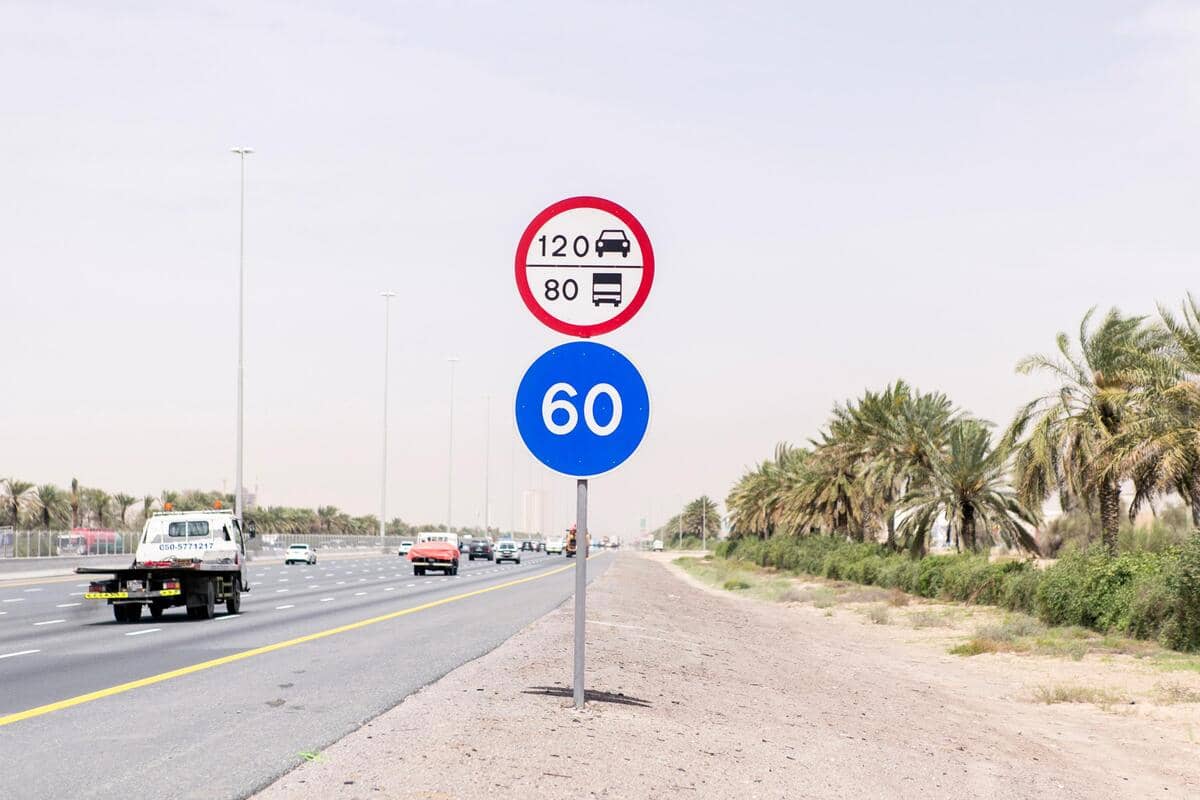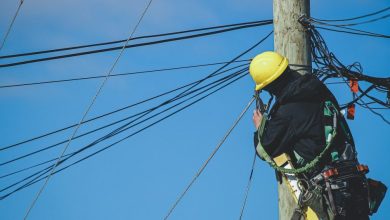How Speed Limiter Technology Is Evolving in the Automotive Industry

The automotive industry has seen significant advancements over the past few decades, with a growing focus on safety and efficiency. One technology that has evolved considerably is the vehicle speed limiter device, a tool initially designed to restrict vehicle speeds for safety purposes. Companies like Resolute Dynamics, based in the UAE, have been at the forefront of this evolution, offering a wide range of road safety solutions such as speed limiters, speed limiter certificates, and school bus safety solutions.
The Early Days of Speed Limiters
Speed limiter technology, in its simplest form, has been around for many years. Early versions of speed limiters were rudimentary mechanical devices designed to prevent vehicles from exceeding certain speeds. These basic systems were primarily used in commercial vehicles, where controlling speed was essential for reducing accidents, minimizing fuel consumption, and ensuring compliance with regulations.
As technology advanced, electronic speed limiters became more common. These devices could be integrated with the vehicle’s onboard computer system to restrict speed electronically, offering more precision and reliability. However, the rapid evolution of the automotive industry has taken speed limiter technology far beyond these early designs.
The Evolution of Speed Limiter Technology
In recent years, speed limiter technology has undergone significant advancements, driven by the need for greater safety, efficiency, and environmental sustainability. The integration of new technologies such as GPS, real-time data analysis, and advanced software has revolutionized the way speed limiters operate.
- GPS-Enabled Speed Limiters: One of the most significant developments in speed limiter technology is the incorporation of GPS systems. GPS-enabled speed limiters can adjust the vehicle’s speed based on the location and applicable speed limits. For instance, a vehicle traveling through a residential area might have its speed automatically reduced to comply with local regulations. This smart technology helps drivers stay within the legal limits without needing to constantly monitor their speed.
- Adaptive Speed Limiter Systems: Modern speed limiters are no longer just static devices. Adaptive systems can dynamically adjust the speed limit based on factors such as traffic conditions, road type, and weather. These systems use a combination of sensors and real-time data to ensure that the vehicle is operating at a safe speed, regardless of the external environment. This is particularly beneficial for vehicles traveling in changing conditions, such as those on highways or in urban areas.
- Integration with Fleet Management Systems: Fleet managers have started to leverage the power of speed limiter technology in conjunction with fleet management systems. This integration allows for real-time monitoring of vehicle speeds, ensuring that drivers adhere to speed regulations. Additionally, fleet managers can receive instant notifications if a vehicle exceeds the speed limit, enabling them to take immediate action. This combination of speed limiter technology and fleet management tools provides enhanced oversight, reducing the risk of accidents and improving overall fleet safety.
- Customizable Speed Limiters: One of the latest trends in the evolution of speed limiter technology is customization. Commercial fleet operators now have the option to customize speed limits based on the type of vehicle, cargo, and terrain. For example, a vehicle carrying heavy loads through mountainous terrain might have a lower speed limit compared to one driving on a flat, open highway. This level of customization enhances safety by taking into account specific operational conditions that could affect a vehicle’s performance.
- Environmental Impact: As global attention on sustainability increases, speed limiters are being used not only for safety but also for reducing environmental impact. Studies have shown that vehicles driven at optimal speeds consume less fuel and produce fewer emissions. By ensuring that vehicles operate within safe and efficient speed ranges, speed limiters help reduce fuel consumption, lower CO2 emissions, and contribute to overall environmental goals.
The Future of Speed Limiter Technology
As we look toward the future, the role of the vehicle speed limiter device will continue to expand in the automotive industry. One of the key areas of development is the integration of artificial intelligence (AI) and machine learning. These technologies could allow speed limiters to learn from driver behavior, making automatic adjustments to improve safety and efficiency over time. For example, an AI-enabled speed limiter could recognize patterns in a driver’s behavior, such as speeding in certain zones, and provide real-time feedback to encourage safer driving habits.
Additionally, as more vehicles become autonomous, speed limiter technology will play a critical role in ensuring that self-driving cars adhere to speed regulations. Autonomous vehicles will rely heavily on speed limiters to maintain optimal speeds in various conditions, minimizing the risk of accidents and improving traffic flow.
Conclusion
Speed limiter technology has come a long way from its early mechanical versions. The modern vehicle speed limiter device is now a sophisticated tool that combines GPS, real-time data analysis, and customization to enhance road safety, fuel efficiency, and environmental sustainability. As the automotive industry continues to innovate, we can expect further advancements in this technology, making our roads safer and our vehicles more efficient.
In a rapidly changing world, companies like Resolute Dynamics are leading the way, providing advanced speed limiter solutions that meet the evolving needs of the automotive industry. Whether it’s for commercial fleets, school buses, or personal vehicles, speed limiters will remain a critical component of road safety for years to come.




